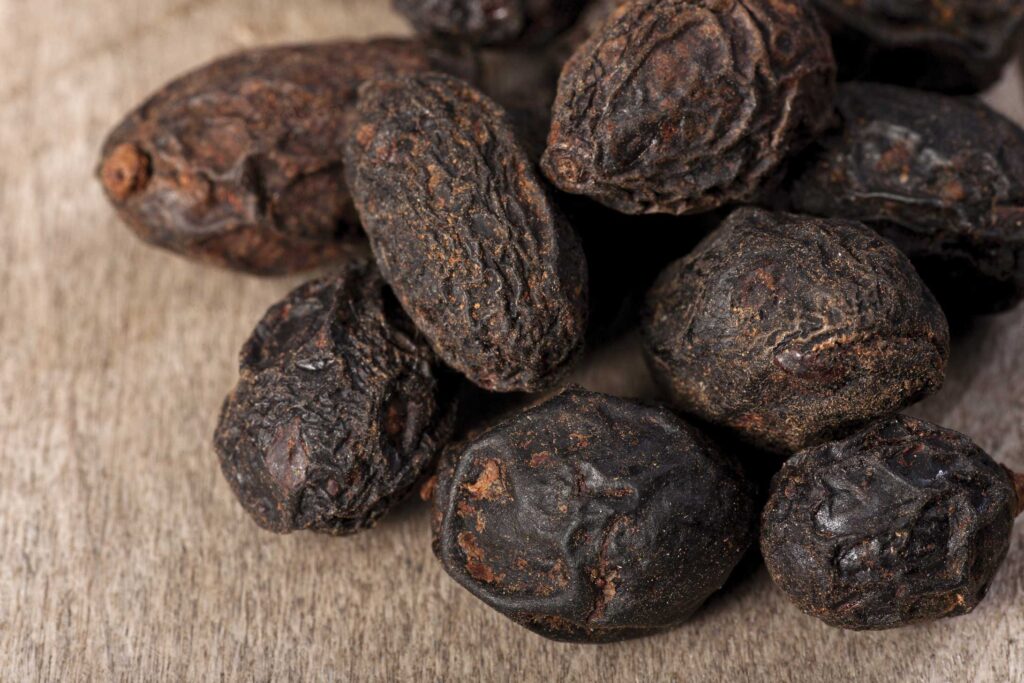Advertisement
Is BPH Keeping You up at Night?
Natural support to help you wake up for the right reasons

Although BPH is not in itself a life-threatening condition, it can give rise to a number of inconvenient symptoms, which if severe enough, can affect men’s health and quality of life, in and out of the bedroom.
The prostate is a walnut-sized gland that is part of the male reproductive system, located inside the body between the bladder and urethra.
With age, testosterone levels decrease, stimulating prostate growth. By aged 40, the prostate gland begins to enlarge as benign tissue cells multiply, which leads to a narrowing of the urethra and subsequent bladder problems.
Advertisement
Saw palmetto for BPH
Saw palmetto has long been used for its effects on the prostate and libido. But not all saw palmetto products are the same.
Because it’s understood that fresh herbs retain more of their phytochemical properties and deliver a higher concentration of active ingredients necessary for superior healing results compared to dried plant extracts, saw palmetto products made from powders or dried herbal material may not contain as much of the oils and fatty acids as an oily capsule.
This may be an important difference to look for when considering the effectiveness of the available saw palmetto products on the market.
Advertisement
Other natural options
In addition to saw palmetto, here are some other simple ways to slow the progress of prostate enlargement.
- maintain a healthy weight
- get regular exercise
- drink small amounts of liquid at any one time and limit total daily intake to less than about 2 quarts (2 L)
- avoid drinking any fluids within 2 hours of bedtime
- limit or avoid coffee (and other caffeinated beverages) and alcohol, especially at night
- avoid decongestants and antihistamines that may increase BPH symptoms
- eat a diet low in fat and rich in fibre, vitamins, and minerals
- choose good fats (nuts, seeds, and fish)
- increase your intake of zinc-rich foods
- do Kegel exercises to strengthen pelvic muscles
Symptoms of BPH
- getting up frequently at night to urinate
- more frequent urges to urinate
- diminished, weakened stream
- feeling of incomplete emptying of the bladder
- pain and burning sensation
An enlarged prostate can also interfere with sexual function, specifically decreased libido or erectile dysfunction.





